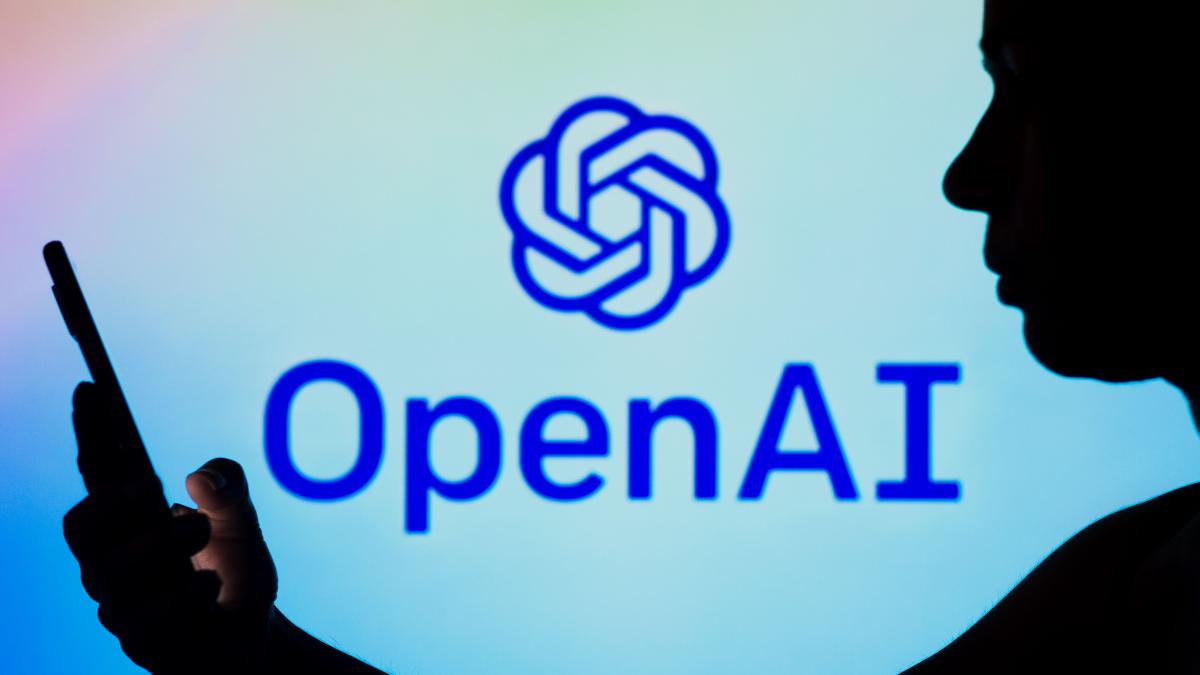Pro: Should ChatGPT Be Allowed in Schools?
As a language model and powerful educational tool designed to converse with humans, ChatGPT should be allowed in schools. With its ability to access and analyze vast amounts of information, ChatGPT can provide students with a wealth of knowledge and a personalized learning experience.
One of the biggest advantages of using ChatGPT in schools is the ability to customize the learning experience for each student. By analyzing individual student responses and adapting to their learning style, ChatGPT can provide personalized recommendations and insights, helping students achieve better academic outcomes. This personalized approach can be especially valuable in subjects like math and science, where students may struggle with abstract concepts or complex equations.
ChatGPT can also help students with research projects and homework assignments. With its access to a vast array of sources and databases, ChatGPT can provide students with high-quality research materials and guidance on how to organize and present their findings. This can be particularly useful for students who are struggling to find reliable sources or who may be unfamiliar with proper research techniques.
Furthermore, ChatGPT can be a valuable tool for language learning. With its ability to understand and generate natural language, ChatGPT can help students practice their speaking, listening, reading and writing skills. ChatGPT can also assist with translation and interpretation, making it easier for students to communicate with their peers and teachers in other languages.
One concern that some may have about using ChatGPT in schools is the potential for students to become overly reliant on technology. However, this concern is unfounded. ChatGPT is not a substitute for a human teacher or mentor, but rather a tool that can supplement and enhance the learning experience. It can also help to promote independent learning and critical thinking skills, as students learn to evaluate and analyze the information provided by ChatGPT.
Moreover, ChatGPT can be a useful tool for students with learning disabilities or special needs. For example, students with reading difficulties may find it easier to interact with ChatGPT than with a traditional textbook. ChatGPT can also provide additional support and guidance for students with ADHD or other attention-related disorders.
In conclusion, ChatGPT has the potential to be a valuable educational tool for schools. It can provide students with personalized learning experiences, assist with research and homework assignments and help students to develop language and communication skills. By integrating ChatGPT into classrooms, schools can take advantage of the latest technological advancements to enhance the learning experience for their students.
Con: Should ChatGPT Be Allowed in Schools?
In late November last year, OpenAI released its revolutionary new artificial intelligence (AI) software, ChatGPT. According to Reuters, ChatGPT has since become one of the fastest-growing online sites ever, reaching 100 million users this January — faster than leading online platforms like TikTok, Instagram and Facebook. Given its sudden popularity, it is unsurprising that many educational institutions have begun to notice students’ use of ChatGPT to complete assignments from writing essays to coding. Although many teachers can detect the use of AI on assignments, the use of ChatGPT in schools is detrimental to students’ comprehension and quality of education.
ChatGPT and similar AIs are typically used by stressed, overwhelmed or underprepared adolescents as an efficient way of completing assignments. Rather than using software to finish schoolwork –– a vital facet to a student’s educational development –– concerns regarding the material should be communicated directly to teachers. As students become more familiar with AI, many may begin to rely more heavily on ChatGPT for solutions, thus discouraging student-teacher communication otherwise critical to assignment completion and comprehension. If students were to regularly use ChatGPT with the current curriculum, they would not benefit from a system carefully designed to prepare them for future success. As a result, the use of ChatGPT not only challenges students’ development but also undermines the value of schools’ established curriculums.
Another flaw of ChatGPT is its tendency to convey meaning inaccurately when asked to write complex essays. While understanding information generated by ChatGPT may be possible, doing so does not develop critical thinking, problem-solving or memorization skills. By doing homework and challenging exercises, students gain critical experience and build upon skills taught in class. Students who are overly reliant on software without understanding key concepts may struggle in a career that requires the skills developed in the classroom. Using ChatGPT on a regular basis undermines a student’s academic progression, as their skills will deteriorate over time without application. Evidently, ChatGPT is a means of evading important work and a form of academic dishonesty.
While AI should not be used in schools to complete entire assignments or avoid work, it can still be a productive tool when used alongside an institution’s curriculum. ChatGPT and other programs can assist in the development of outlines and lesson plans that ultimately enhance student learning. AI also allows teachers to perform tasks like brainstorming ideas for classroom activities more quickly. Students can and should also learn how to use AI, as it will likely be an integral part of their futures; it should simply be used sparingly. In conclusion, while AI can be a useful learning tool, the use of ChatGPT in schools should be banned due to the software’s detrimental effects on students’ education.
